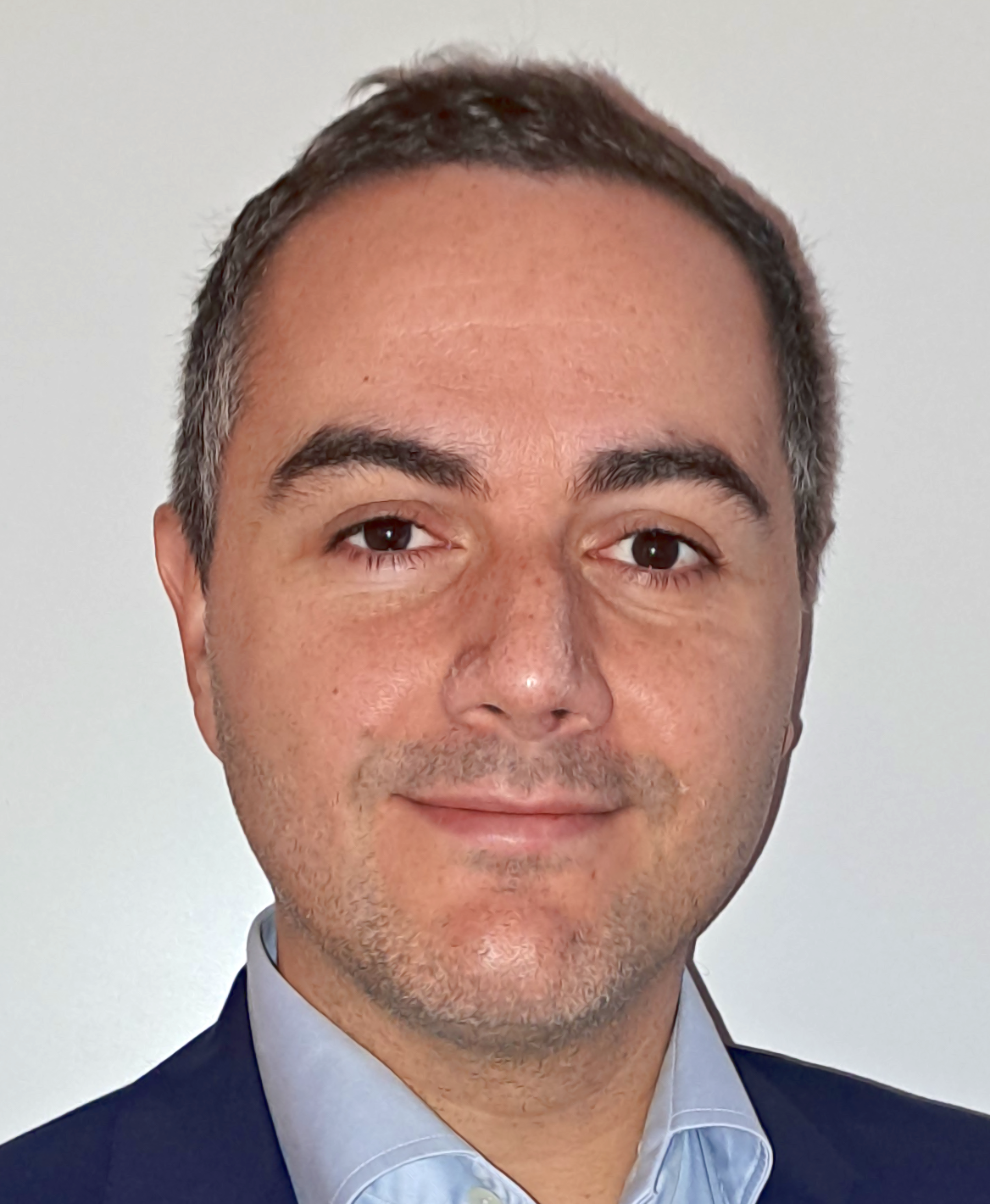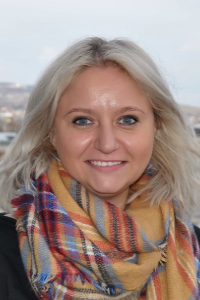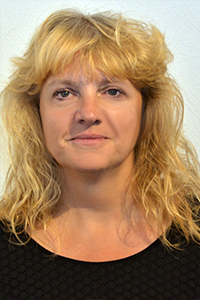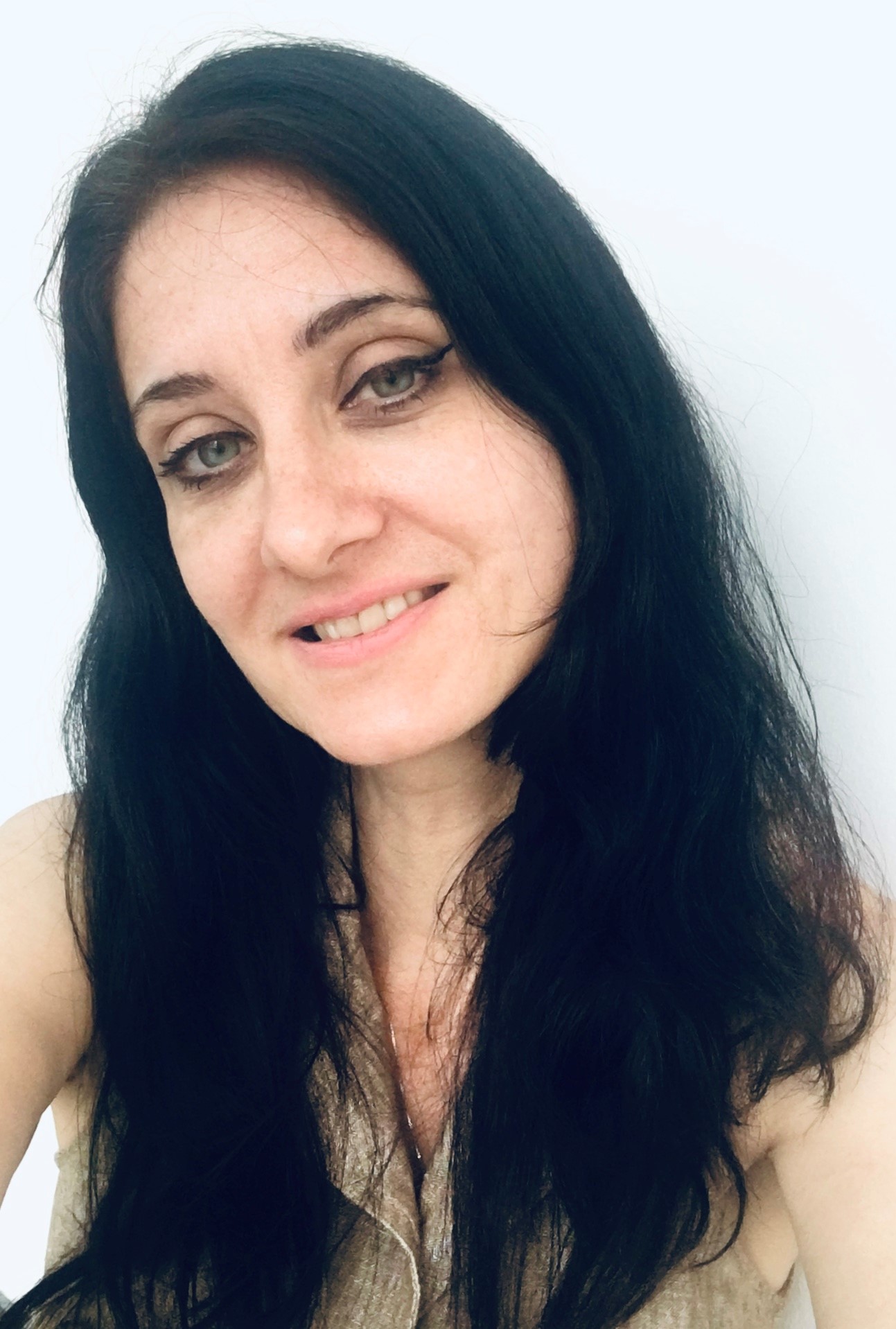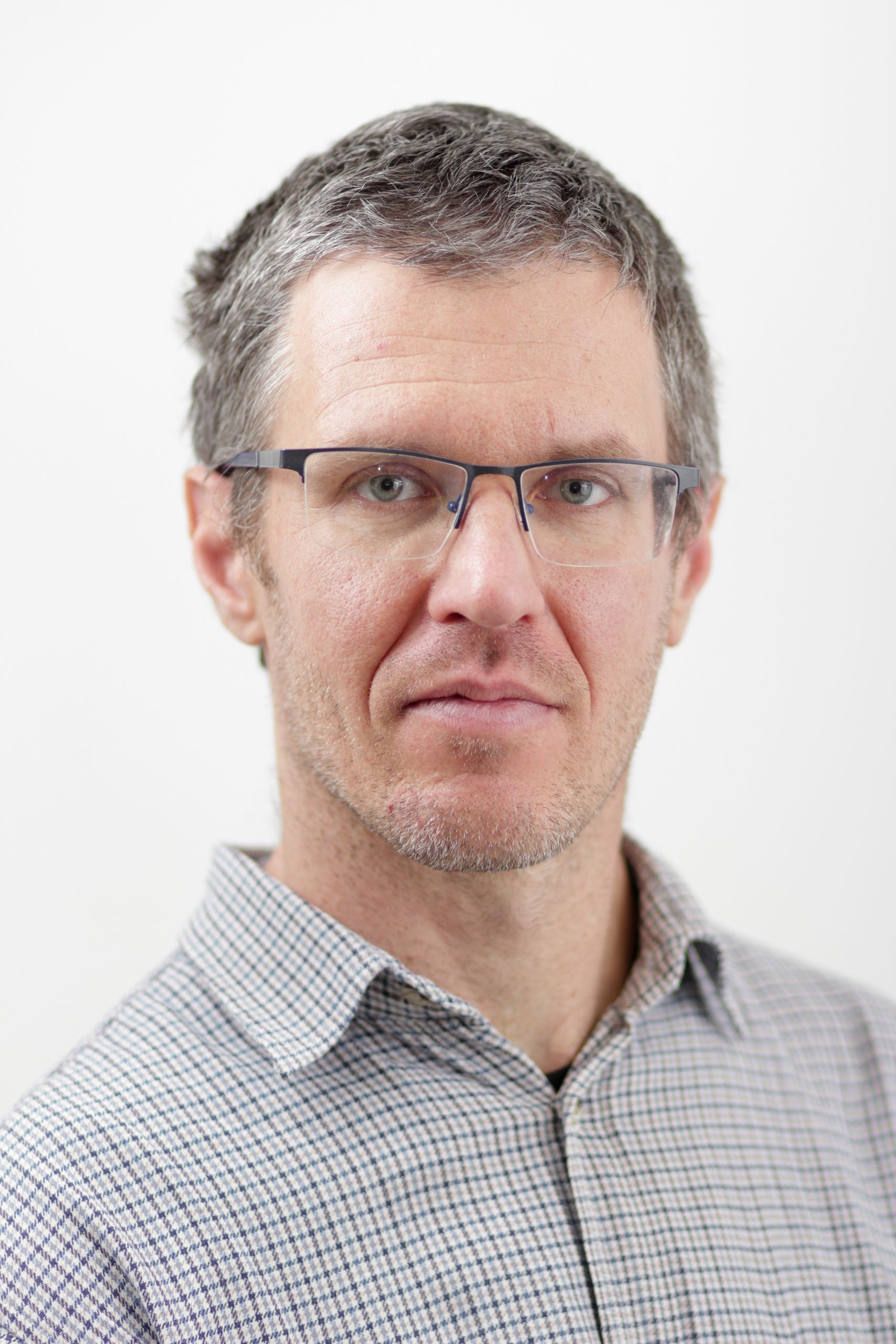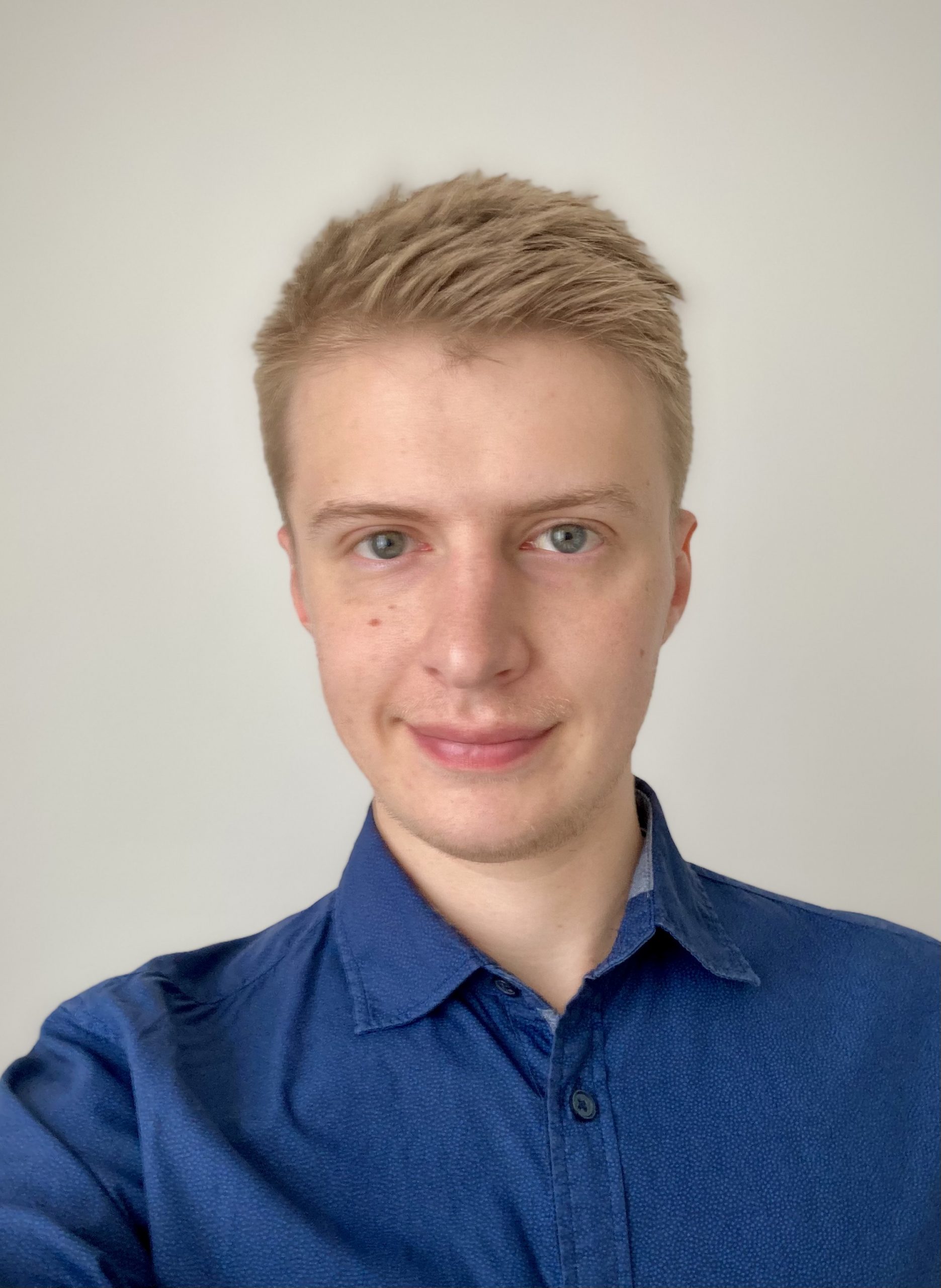Director
Lado Filipovic is an Associate Professor at TU Wien. He obtained his venia docendi (habilitation) and doctoral degree (Dr.techn.) from TU Wien in 2020 and 2012, respectively. He holds a Master’s degree in Applied Sciences (MASc.) from Carleton University in Ottawa, Canada, which he obtained in 2009. His primary research interest is the operation, stability, and reliability of novel semiconductor-based sensors using advanced process and device simulations. He investigates the application of multi-scale modeling of processes involved in the fabrication of semiconductor devices and sensors by combining atomistic modeling with Monte Carlo and continuum approaches, as well as merging physical and empirical modeling in a single framework, specifically in process TCAD. He is also actively investigating two-dimensional (2D) materials for the detection of biomarkers and environmental pollutants.
E-Mail: filipovic@iue.tuwien.ac.at
Phone: +43-1-58801-36036
Institute for Microelectronics profile
TU Wien profile
Personal homepage
Administration
Diana Pop was born in Brasov, Romania. She received the Bachelor of Sciences degree in applied physics from Transylvania University of Brasov Romania, the Master of Sciences degree in remote engineering and the Master of Arts following the IBM study at FH Kärnten, Austria, in 2009, 2011 and 2016 respectively. Until August 2012 she was employed at FH Kärnten as a junior researcher and project manager. From 2009 to 2011 Diana was with IEEE Women in Engineering and in 2009 she was a visiting research engineer at Massachusetts Institute of Technology, USA. In 2012 she became an IT Junior Talent Program member at Infineon Technologies IT-GmbH in the Unix R&D team Klagenfurt. After the 18 month program she was recruited as a project coordinator for EU funded projects in the Power Management and Marketing department at Infineon Technologies Austria in Villach. Diana is currently employed as administrative manager at the IµE where she is in charge of the European and national funded projects and administrative topics of the institute. She joined the CDL for Multi-Scale Process Modeling of Semiconductor Devices and Sensors in October 2022 and is responsible for financial and organizational topics.
E-Mail: pop@iue.tuwien.ac.at
Phone: +43-1-58801-36066
Institute for Microelectronics profile
TU Wien profile
Petra Kamptner-Jonas was born in Vienna, Austria. She has over 30 years of experience in the private sector of which almost 20 years she served as managing director. Petra joined the Institute for Microelelctronics in April 2021, where she is working as project and general administration support. She joined the CDL for Multi-Scale Process Modeling of Semiconductor Devices and Sensors in October 2022 and is responsible for general administration topics and for assisting new hires.
E-Mail: kjonas@iue.tuwien.ac.at
Phone: +43-1-58801-36012
Institute for Microelectronics profile
TU Wien profile
Post-Doctoral Researcher
Sabine Leroch obtained her M.Sc. and doctoral degrees at TU Wien at the Institute of Theoretical Physics, after which she took a post-doctoral position at the Universidad Compludense de Madrid. She has many years of experience in classical molecular dynamic simulations in different fields and for a broad set of applications. She was previously employed as a post-doctoral researcher at the University of Natural Resources and Applied Life Sciences (BOKU) Vienna, in the field of bio-chemical engineering and as senior scientist at the Austrian Competence Center of Tribology. At the Institute for Microelectronics, Sabine is working in the Christian Doppler Laboratory for Multi-Scale Process Modeling of Semiconductor Devices and Sensors, where she is in charge of the atomistic description of physical processes taking place during the fabrication of semiconductor devices. In particular, she is investigating the implantation and activation of dopants in silicon carbide (SiC).
E-Mail: leroch@iue.tuwien.ac.at
Phone: +43-1-58801-36057
Institute for Microelectronics profile
TU Wien profile
Doctoral Candidates
Balázs Bámer was born in 1976, and received his MSc in 2001 at the Technical University of Budapest, where he studied computer science. After several years in industrial software development and various jobs in academia, he joined Institute for Microelectronics in January 2023 as a doctoral candidate in the Christian Doppler Laboratory for Multi-Scale Process Modeling of Semiconductors Devices and Sensors. His research focus is on studying dopant implantation and activation. In particular, he is working on a model for dopant activation in SiC, based on ion implantation conditions, such as temperature.
E-Mail: bamer@iue.tuwien.ac.at
Phone: +43-1-58801-36077
Institute for Microelectronics profile
TU Wien profile
Tobias Reiter received his Bachelor’s and Master’s degrees in Technical Physics in 2019 and 2022, respectively. He is currently working towards his Master’s degree in the interfaculty Master Program Computational Science and Engineering and his doctoral degree in Microelectronics, both at TU Wien, Austria. He has joined the CDL for Multi-Scale Process Modeling of Semiconductor Devices and Sensors in October 2022 and is working on the development and programming of the process simulation frameworks and developing physical models for topography and volume processing steps.
E-Mail: reiter@iue.tuwien.ac.at
Phone: +43-1-58801-36044
Institute for Microelectronics profile
TU Wien profile
Students
Robert Stella is enrolled in the bachelor program of Electrical Engineering and Information Technology at the TU Wien, Austria. He has previously worked for the CDL for Single-Defect Spectroscopy, where he has developed and implemented a Poisson solver and an IO library for a full-band Monte Carlo framework. He has joined the CDL for Multi-Scale Process Modeling of Semiconductor Devices and Sensors in November 2022, where he is working on developing molecular dynamics models for wide bandgap semiconductors, such as ion implantation of aluminum (Al) in silicon carbide (SiC) and the epitaxial deposition of gallium nitride (GaN).

